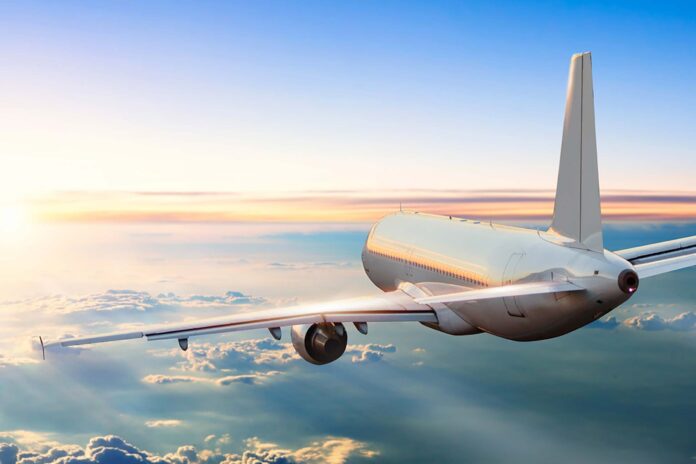A sharp decline in travel demand tied to President Donald Trump’s trade war is battering U.S. airlines, but low-cost carriers are feeling the deepest impact, according to an in-depth report from Reuters.
Southwest, Frontier, and JetBlue reported significant erosion in operating margins during the first quarter of 2025, a sharp contrast to more resilient performances by United Airlines and Delta, despite an overall cooling in consumer demand.
Analysts say the divergence stems from rising appetite for premium air travel and the increasing importance of airline loyalty programs — both areas where full-service carriers hold a clear edge. In contrast, budget airlines are still grappling with profitability challenges following the pandemic.
With fears of economic slowdown and inflation looming, the profit gap between the two airline segments is expected to widen. The dynamic marks a shift from previous downturns, when airlines like Southwest often emerged stronger.
“Much like how Southwest used to emerge stronger through downturns, this time we basically think it’s United’s turn, it’s Delta’s turn,” said JPMorgan’s Jamie Baker.
Legacy carriers are capitalizing on booming demand for premium seats, with Delta’s high-end revenue now making up 41% of its passenger income, up from 35% in 2019. United and Alaska have also aggressively expanded their premium offerings.
Meanwhile, budget airlines are cutting back on domestic capacity to stabilize finances. Yet, United and Delta continue expanding routes, luring passengers with lower fares while protecting margins through strong international demand and credit-card revenue.
“The premium orientation shift that’s happened in the industry … is going to be durable,” Alaska CFO Shane Tackett told Reuters.
Reuters also reports that Delta’s American Express credit card partnership generated revenue equivalent to nearly one-fifth of its total passenger income last quarter.
Lower-income households — a key customer base for low-cost airlines — have curtailed spending, particularly on travel. This comes as the U.S. domestic market remains the weakest globally, while major airlines lean on long-haul international routes and loyalty programs to stay profitable.
“It’s one thing to be able to produce a premium seat, it’s another to get customer loyalty,” noted Delta President Glen Hauenstein.
Once known for outperforming in economic slumps, Southwest is now under pressure from rising operating costs and has begun reversing some of its hallmark policies, such as no-bag-fee flying. Customers, like Dallas-based executive Ben Thomas, are reconsidering their loyalty.
“This change has the potential to make travel way more expensive,” Thomas told Reuters.
Other budget airlines are faring worse. Spirit has just exited bankruptcy, and Frontier has only posted a positive operating margin once in the last five years.
Still, Frontier CEO Barry Biffle dismissed the narrative that budget carriers are structurally disadvantaged. He blames oversupply in the domestic market, adding that a recession would shift travelers back to cheaper options.
“It’s not a business model story,” Biffle told Reuters. “It’s your concentration of geography.”




